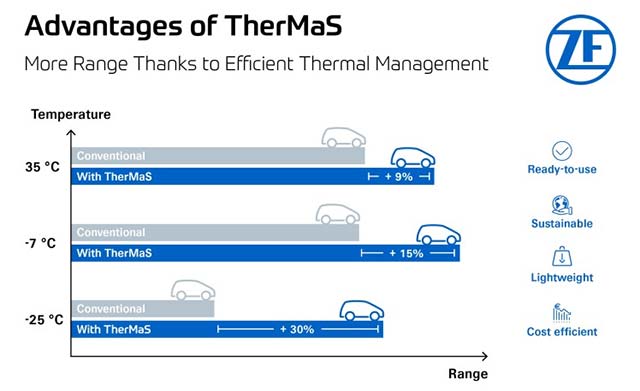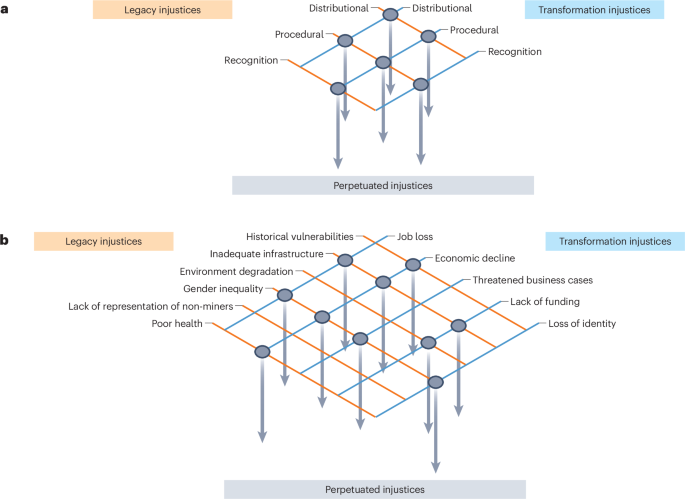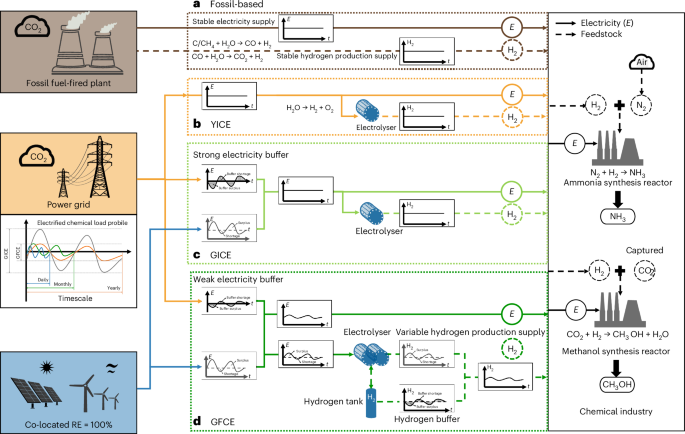FMCSA Modernizing Complaint System to Fight Freight Fraud, Coercion, Safety Gaps
The FMCSA is quietly revamping its National Consumer Complaint Database (NCCDB), aiming to transform it from a bureaucratic black hole into a real-time system for identifying unsafe carriers, shady brokers, coercive shippers and repeat fraud offenders. The post FMCSA Modernizing Complaint System to Fight Freight Fraud, Coercion, Safety Gaps appeared first on FreightWaves.

For years, drivers, brokers and carriers have voiced the same complaint: Filing reports with the Federal Motor Carrier Safety Administration often feels like yelling into the void. The National Consumer Complaint Database (NCCDB), designed initially to collect reports on bad actors in the supply chain, has been criticized for being clunky, outdated and ineffective.
Now, in a low-profile move buried in the Federal Register, the FMCSA is proposing a sweeping overhaul of the NCCDB. The goal? To turn it into a fully modernized system for flagging broker fraud, motor carrier violations, shipper coercion and questionable conduct from substance abuse professionals, medical review officers and others operating under DOT compliance rules.
It’s not a new regulation, but it might be one of the agency’s most important modernization efforts in years.
The proposed changes stem from a 2023 Government Accountability Office (GAO) report that slammed the FMCSA’s existing complaint system for lacking transparency, accountability and enforcement power. The new framework aims to change that by streamlining how complaints are filed, tracked and resolved and it aims to bring clarity to a marketplace defined by ghost carriers and untraceable fraud.
Under the proposal, the NCCDB would get a complete overhaul, making it easier to file complaints, allowing users to track the status of their submissions, and improving data collection methods so that trends, patterns and serial offenders don’t fall through the cracks. There’s even language allowing carriers and brokers to challenge inaccurate or duplicate data, a nod toward due process in a system that’s long lacked it.
(This sounds ridiculously familiar to fleets’ issues with the lack of due process in the antiquated Data Q system.)
At the root, this change is about enforcement, not usability.
The FMCSA has stated that the goal is to make complaint data more actionable, linking it directly to safety violations, broker noncompliance and the kinds of coercive behavior that regulators often miss in the field. While many complaints have historically vanished into limbo, the revamped system would increase the chance that they trigger investigations or enforcement when warranted.
For the trucking industry, this could be a quiet turning point. Carriers dealing with coercive shippers or unlicensed brokers may finally have a meaningful place to submit evidence. Drivers who’ve faced harassment, withheld pay or unsafe working conditions could gain a traceable channel to elevate their concerns. Brokers who play by the rules may benefit from a system that starts calling out the ones who don’t.
Freight fraud and cargo theft have gotten so bad that private businesses like Freight Validate and the Freight Fraud Task Force have been developed to fight fraud on the front end.
In many ways, this feels like a “clearinghouse” moment for complaints, especially fraud. While it doesn’t have the regulatory teeth of the Drug & Alcohol Clearinghouse, the concept is similar: aggregating data, flagging repeat offenders and giving industry players a tool to verify legitimacy before they engage.
Still, execution is everything. A digital form means little if it leads to no meaningful action. The FMCSA has opened the door to a smarter system, but it will need real infrastructure and enforcement commitment behind it to succeed. The agency is gathering public comment and refining the proposal based on feedback, with implementation likely to begin in 2026.
Given the freight market’s growing vulnerability to fraud, ghost operations and regulatory loopholes, many hope this won’t just be a paper fix.
The post FMCSA Modernizing Complaint System to Fight Freight Fraud, Coercion, Safety Gaps appeared first on FreightWaves.























































































































































